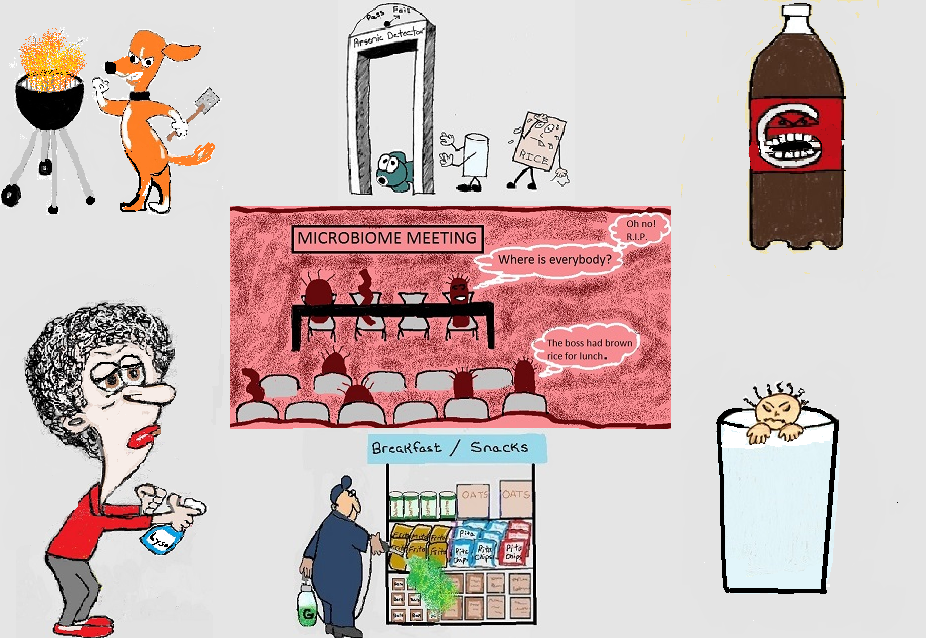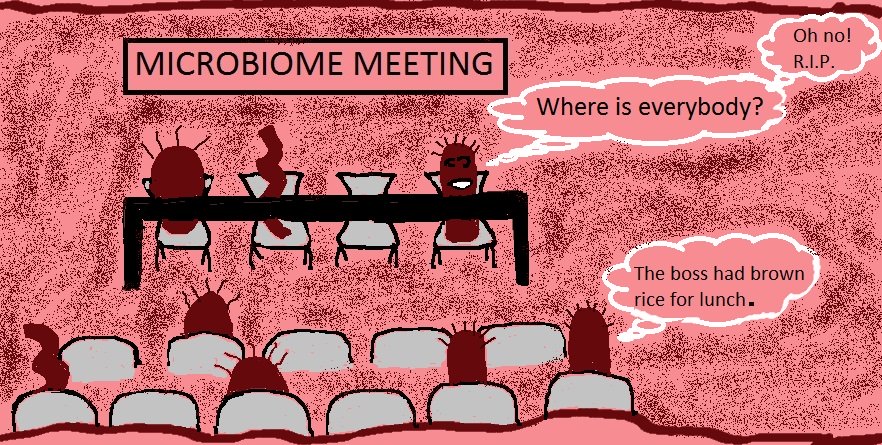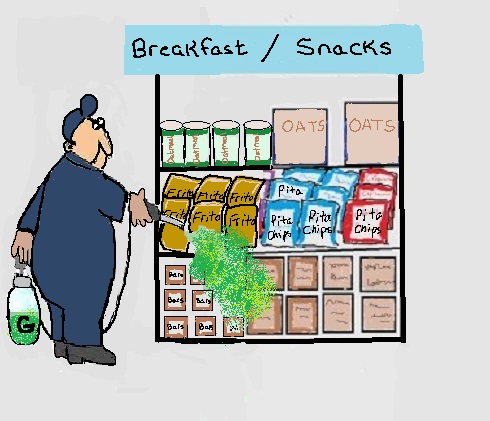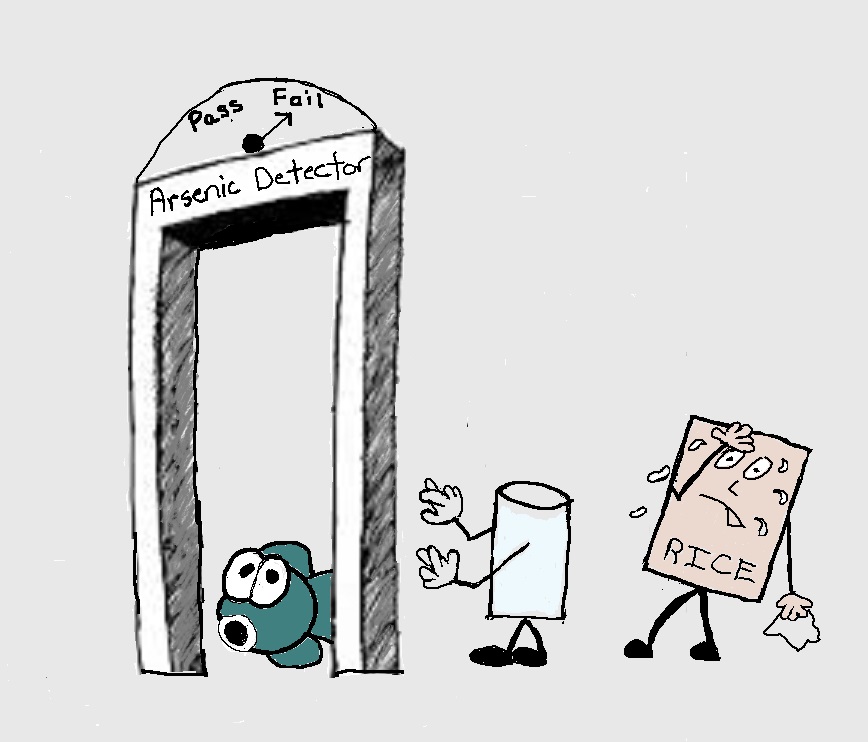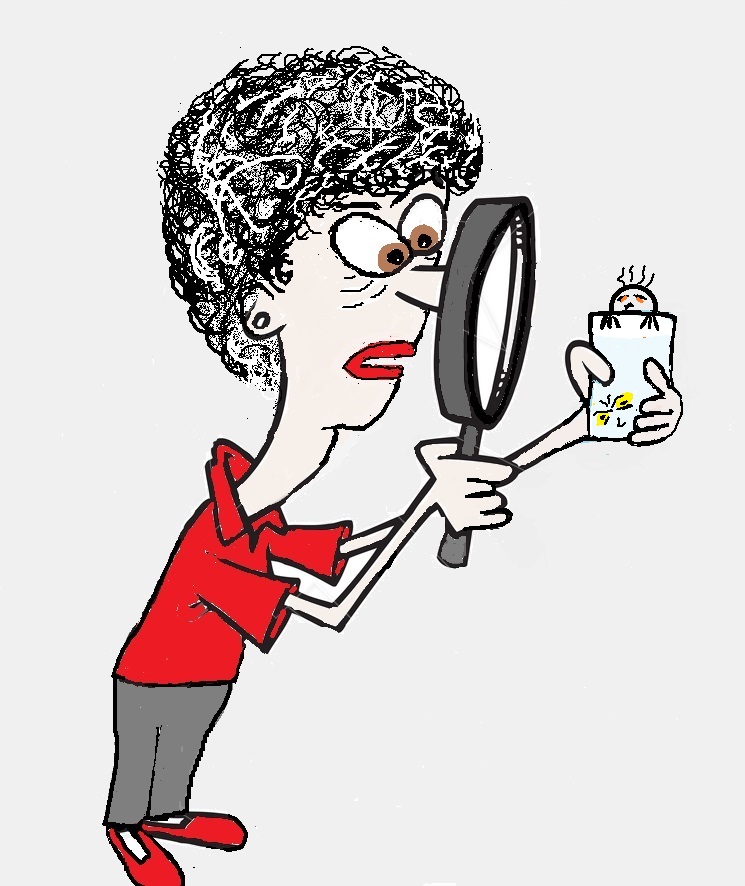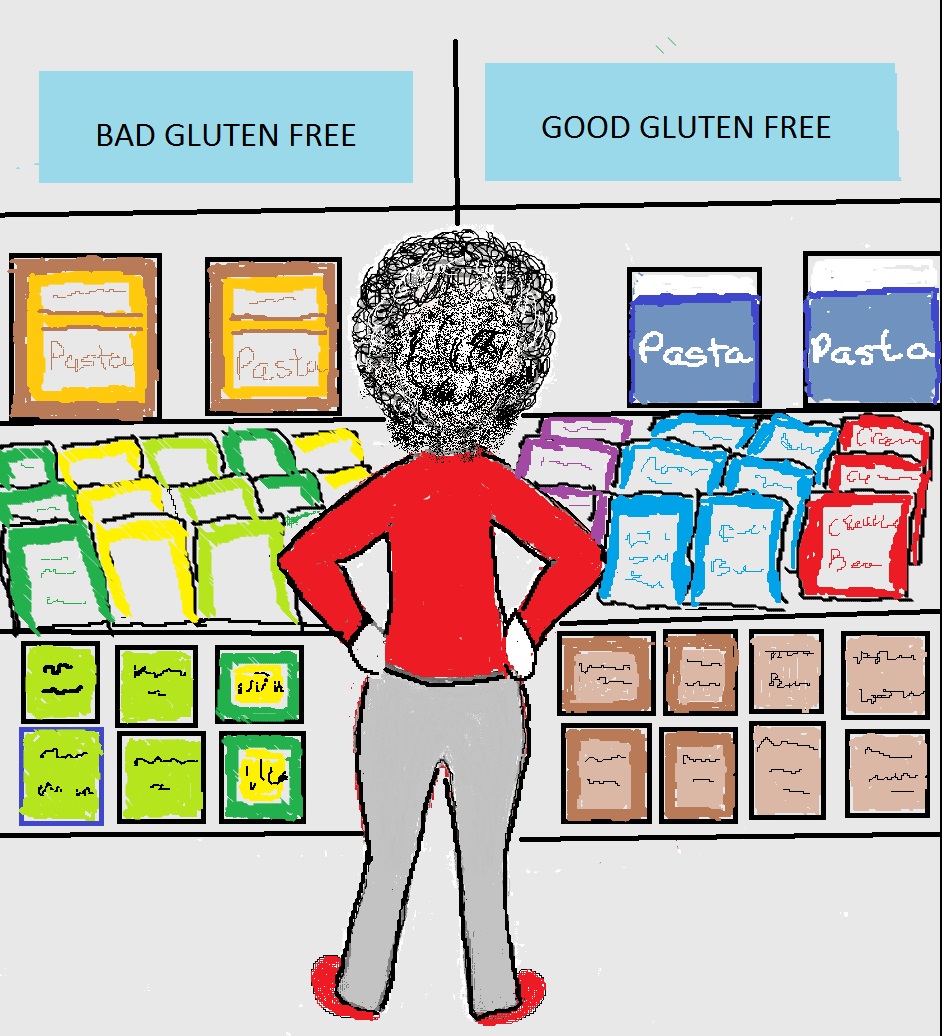- Home
- Toxic Chemicals & Health
- Gut Bacteria
8 Surprising Ways You're Destroying Your Gut Bacteria
Your gut bacteria are the foundation of your gut health. And good gut health is essential to your overall health.
The trillions of bacteria that live in your gut, called microbiota, are similar to an organ in that they perform functions essential for your survival. So it makes sense that anything that disturbs how your gut bacteria functions can make you sick.
And there's plenty of research to back that up. Over the past decade mounting evidence indicates that changes in the composition and function of your gut microbiota contributes to a variety of diseases, including diabetes, obesity, cardiovascular diseases, allergies, inflammatory bowel disease, liver disease and cancer and colon cancer.
Gut Bacteria
The basis of good gut health is the right composition of gut bacteria. Healthy adults have six bacterial phyla dominating the gut microbiota:
Firmicutes and Bacteroidetes (90%), Proteobacteria, Actinobacteria, Fusobacteria and Verrucomicrobia.
Your gut bacteria play a major role in the production of vitamins, enzymes, and other compounds that digest and metabolize food and regulate your immune system.
Your microbiota also helps maintain the right amount of gut permeability. And while the breakdown of toxins in your body mainly happens in your liver, your gut bacteria also metabolize some toxins into forms that your body can excrete.
It’s role in breaking down toxins is crucial because your gut bacteria can metabolize many compounds in ways that the rest of your detox system can’t.
Unfortunately, the
delicate balance of the many different kinds of microorganisms in your gut can
be easily disturbed. A growing body of evidence shows that your exposure to some
toxic chemicals is one way that can happen.
And you may be shocked
to learn that the toxins that can change the composition and functioning of
your gut bacteria may be lurking in your morning bowl of Cheerios or favorite
diet drink.
Here are 8 surprising ways you’re exposed to toxins that are
destroying your gut bacteria.
1. Eating GM Food
What does your morning bowl of cereal or oatmeal have to do with you gut bacteria? Well, if you’re eating genetically modified food, you’re also consuming an unhealthy dose of glyphosate, an herbicide found in Roundup.
More than 250 million pounds of glyphosate are sprayed on American crops every year, especially on “Roundup-ready” a.k.a. genetically modified crops. These crops are genetically engineered to survive being sprayed by the herbicide.
Because glyphosate is absorbed into a plant’s cells in order to kill it, the chemical can’t be removed from GMO crops and other plants by washing, peeling, baking or brewing grains. Plus, studies have found that many weeds are now resistant to glyphosate. That means growers are using more of it to control weeds.
So when you eat GM foods it’s very likely that you’re exposed to an unhealthy dose of glyphosate. Levels as high as 2,837 ppb (parts per billion) have been found in Quaker Oatmeal Squares. And 1125 ppb have been found in Cheerios.
And this exposure destroys your gut bacteria. A number of
studies have suggested that glyphosate is as damaging to your gut bacteria as
antibiotics are.
For example, Roundup has been shown to change microbiota composition by changing the Firmicutes to Bacteroidetes ratio. And a 2018 study found that glyphosate exposure significantly changed both the abundance and the diversity of gut bacteria in mice. Specifically, exposure decreased Corynebacterium, Firmicutes, Bacteroidetes and Lactobacillus.
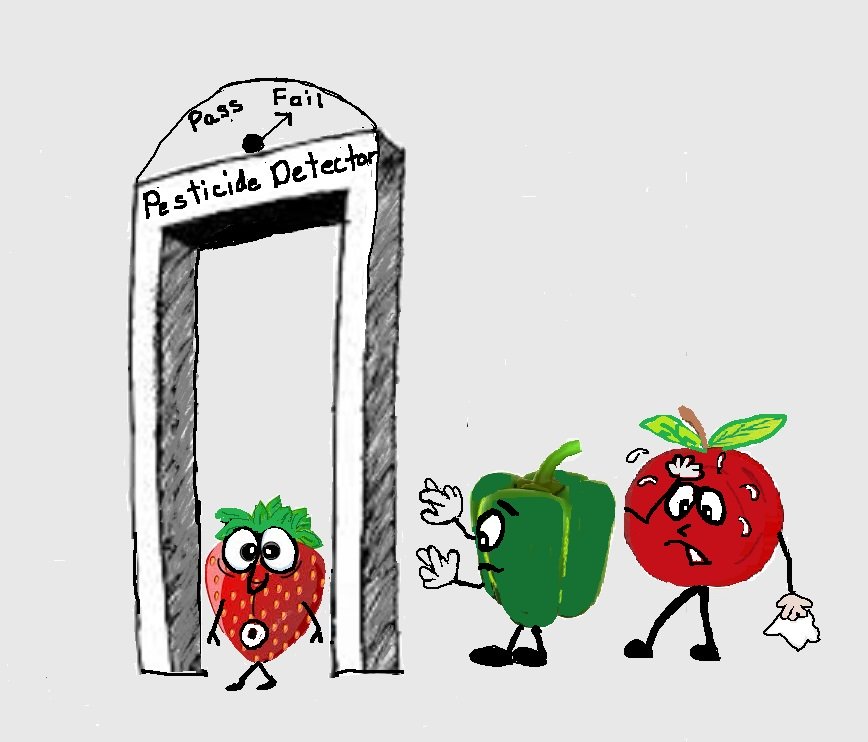
2. Eating Non Organic Food
Eating non organic food exposes you to several types of pesticides that destroy your gut bacteria, including glyphosate. In fact, about 50% of your dietary exposure to glyphosate comes from eating non organic foods.
Glyphosate is used as a pre-harvest drying agent on certain food crops, including oats, wheat, barley and edible dry beans. In other words, a farmer growing non GMO oats can spray his fields to kill and dry up crops so they can be harvested sooner.
Chlorpyrifos and Diazinon are also common agricultural pesticides found as residues on nonorganic produce. And just like glyphosate, ingesting chlorpyrifos and diazinon can destroy your gut bacteria.
Diazinon is an organophosphate insecticide found in the highest levels in cilantro, greens, apples and peaches. Studies have found that diazinon exposure changes the types of bacteria in your gut and how your microbiota functions.
Chlorpyrifos is an insecticide used on all types of produce, including apples, peppers, greens and peaches. The EPA has found that residues of chlorpyrifos are lurking on many foods—at levels up to 14,000 percent higher than the “safe” limits.
Bad news for your gut bacteria because even low-dose exposure to chlorpyrifos can decrease beneficial gut bacteria, specifically the probiotic Lactobacillus and Bifidobacterium Exposure has also been shown to strongly increase Enterococcus and moderately increase Bacteroides.
3. Drinking Diet Drinks
While drinking diet drinks may help you lose weight, several
recent studies have found that the artificial sweeteners used in them can
disrupt your gut bacteria.
For example, aspartame has been found to increase total bacteria and the
abundance of two types of bacteria,
Clostridium and Enterobacteriaceae. Both of these are associated with
disease when present in very high numbers.
In rats treated with Splenda (sucralose) the levels of beneficial bacteria decreased (bifidobacteria, lactobacilli, Bacteroides, clostridia). Sucralose has also been shown to alter the composition of your intestinal microbiota.
Ingesting saccharin also destroys your gut bacteria balance, causing an increase in the number of bacteria from the Bacteroides genus and the Clostridiales order. And saccharin has been shown to not only alter the composition of your microbiota, but also how it functions.
The changes that occur in your gut bacteria from artificial sweeteners can also impair glucose tolerance and create inflammation.
4. Eating Rice
White and brown rice and rice products are a staple in many healthy diets, including gluten-free. Unfortunately, eating rice may expose you to unsafe levels of arsenic.
Arsenic is a naturally occurring heavy metal that is found in soil and water. It was also used as a cotton-growing insecticide for many years. Some foods, like rice, contain higher amounts of arsenic because they absorb more from the soil.
Rice is different because it takes up the chemical from soil and water more readily than other grains, partly because it is grown in water. White rice has lower amounts then brown rice because the extra processing removes some.
Arsenic is one of the toxins that your gut bacteria break down or metabolize. Recent studies on arsenic have been exploring how your gut helps break it down and how ingesting arsenic can affect your gut bacteria.
These studies are finding that exposure not only alters the composition of your gut microbiota but also greatly disturbs how your gut metabolizes arsenic.
In other words, your gut protects you from arsenic by breaking it down. But exposure can make your gut less efficient at detoxing. This may make you more vulnerable to not only arsenic, but other types of toxin exposure.
5. Grilling And Smoking Your Meat
Do you consider yourself a grill master? Then you need to know that how you cook your food, especially meat, can affect your gut bacteria.
High-temperature cooking, primarily charcoal-broiling, grilling and smoking meats and fishes creates toxic chemicals called Polycyclic Aromatic Hydrocarbons (PAHs).
For example, when you cook meat over an open flame fatty meat juices often drip onto the fire. When meat fat directly contacts fire or very hot surfaces it produces PAHs that then coats the surface of the food you’re grilling.
And during smoking, PAH compounds are produced from the burning of sawdust and other wood materials. Levels as high as 200 μg/kg (micrograms per kilogram) of PAH have been found in smoked fish and meat. In grilled meat, 130 μg/kg of PAH has been reported.
Benzoapyrene (BaP) is one of the most toxic PAHs created from high temperature cooking. Grilled and well-done steak, hamburgers, and chicken contain the highest levels of BaP.
Studies have found that exposure to BaP alters both the composition and abundance of gut bacteria. And the types of changes that occur also create a pro-inflammatory gut environment.
6. Eating Processed Foods
Recent studies have found that some food additives can destroy your gut microbiota. So processed foods are bad for your gut because they’re full of food additives.
The number of food additives approved for use by the food industry has been soaring over the last few decades. And rarely does safety testing include it’s impacts on your gut bacteria.
Preservatives like sulfite are added to food to limit bacterial growth in beer, wine, juices, dried fruit, processed fish, seafood, meats, and some canned goods, Exposure to sulfite at levels considered safe in food will kill your gut bacteria or keep it from reproducing.
Plus, read the ingredient list of most processed food and you’re likely to find emulsifiers like polysorbate 80, lecithin, carrageenan, polyglycerols, and xanthan and other gums. Emulsifiers are added to food to keep ingredients—often oils and fats—from separating.
They’re also used to improve the texture and shelf-life of many foods, from ice cream and baked goods, to salad dressings, veggie burgers, non-dairy milks, and hamburger patties.
Commonly used emulsifiers like Polysorbate 80 (P-80), Carboxymethylcellulose (CMC), Glycerol Monolaureate (GML), have all been reported to disturb both the bacteria normally present in your gut and the your gut’s protective mucus layer. And these changes may cause gut inflammation.
“Something in the chemistry of the emulsifiers seems to change the microbiota and how these bacteria interact with the intestine itself. The combination sets the stage for inflammation (Gewirtz, 2013).”
7. Using Antibacterial Products
Do you regularly clean with disinfectants? Think antibacterial cutting boards, food storage containers and even socks are awesome?
Well, your efforts to protect yourself and your family from germs may be destroying your gut bacteria. Think about it. What lives in your gut? Bacteria.
And like most pesticides, antibacterial products don’t usually differentiate between good and bad bacteria. So it makes sense that if antibacterial products end up in your gut when you ingest and inhale them, it will affect your gut bacteria.
Surprisingly, there haven’t been a lot of studies on the effect of antibacterial products on your gut. But the research that has been done found these products do mess with your gut bacteria.
For instance, according to a 2018 study using antibacterial cleaning products (disinfectants) can change the composition of gut bacteria in children exposed to them. Frequent use of household disinfectants reduced the abundance of genus Haemophilus and of genus Clostridium and increased Lachnospiraceae abundance.
Using antibacterial products can also expose you to Nanosilver (Ag), a commonly used antibacterial agent. Nanomaterials are very tiny versions of things like silver and zinc oxide.
There are at least 390 products that utilize some form of nanosilver, like socks and linens, cosmetics/hygiene products, appliances, cleaning agents, food storage containers, bakeware, cutting boards, toys and building materials.
Nanosilver can be released from the products it’s in and ingested, inhaled and absorbed through your skin. Once nansilver makes it to your gut, it changes the composition of your microbiota, increasing Firmicutes and decreasing Bacteroidete bacteria.
The changes to your gut bacteria caused by nanosilver are similar to those reported in metabolic and inflammatory diseases, like obesity. Exposure to nanosilver is also suspected of contributing to Crohn’s Disease and Ulcerative Colitis.
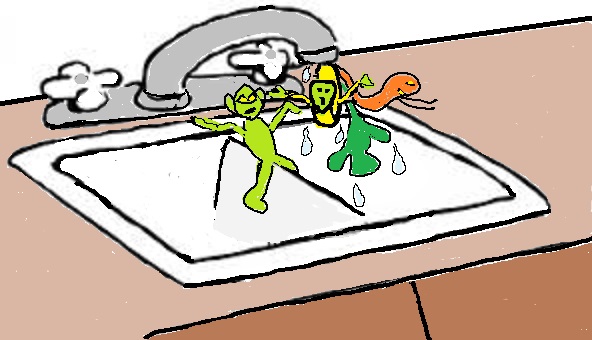
8. Drinking Unfiltered Water
Drinking tap water is a good way to avoid the chemicals found in plastic water bottles and save money. But you need to filter your water to protect your gut bacteria.
Because many of the toxic chemicals mentioned in this article can be found in your drinking water. For example, arsenic, glyphosate, chloropyrifos and nanoparticles are common drinking water contaminants.
A report published by the Environmental Working Group in 2017 reported that 267 toxins were found in U.S. drinking water systems between 2010-2015. The offenses ranged from high levels of arsenic and disinfection byproducts, to nitrate contamination. The five states with the most violations were Texas, Florida, Pennsylvania, New Jersey and Georgia.
The types and levels of gut bacteria destroying chemicals found in your drinking water depends on a lot of things. These include your local industries, agriculture, presence of arsenic containing rocks, weather and soil type. To find out what’s in your water check out How To Find Out If Your Drinking Contaminated Water.
What You Can Do
If you want to be healthy and stay healthy you need a healthy gut. For a healthy gut you need the right types and abundance of gut bacteria. That means you need to protect your gut from toxic chemicals that destroy gut bacteria.
And when it comes to your gut microbiota you are (or they are) what you eat. The following actions will protect your gut health and your overall health.
- Eat a wide variety of different foods to support a wide variety of different gut bacteria
- Replace high arsenic grains like brown rice with low arsenic foods like farro.
- Switch to non-GMO and organic food whenever possible.
- Use natural household cleaners
- Avoid antibacterial products
- Invest in a really good water filter
- Cut waaay back on eating processed foods.
- Instead of diet drinks switch to fruit infused water and seltzer water.
- Grill less and bake more.
